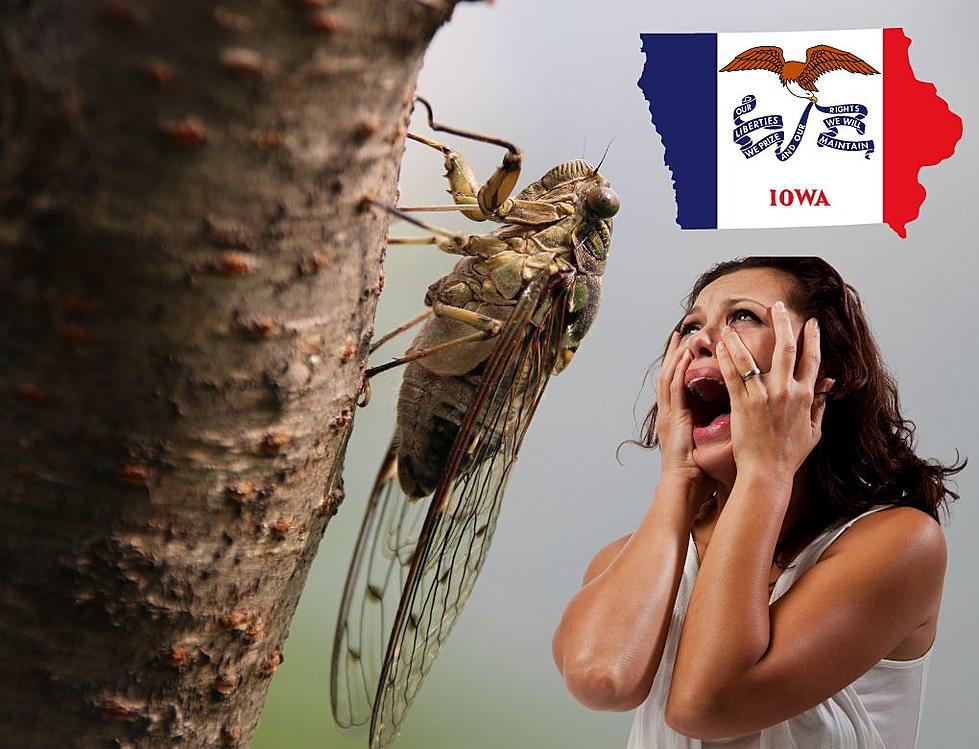
Ag News for Monday, June 27, 2016
Conservation Efforts Reducing Mississippi River Basin Runoff
A federal study shows Conservation measures by farmers have reduced nitrogen and phosphorus runoff along the Upper Mississippi River Basin. The U.S. Department of Agriculture says voluntary agricultural conservation practices helped reduce nitrogen downstream in the Upper Mississippi River Basin watershed by as much as 34 percent. The impact on phosphorus reduction was less promising, with reductions topping out at 10 percent, according to the Des Moines Register. USDA Secretary Tom Vilsack last week said the study provides evidence that investments by federal, state, local and nonprofit groups are improving water quality. Vilsack says more farmers in the basin are using cover crops, no-till practices and embracing precision agriculture to cut down on runoff of nitrogen, phosphorous and other pollutants from fertilizer and manure.
Brexit Impact on Agriculture, Markets, Immediate
Britain’s exit from the European Union is projected to take years, but the impact on U.S. agriculture is immediate. Britain voted to leave the EU on Thursday, and many British farmers seemed to prefer the exit because they were upset over EU regulations. However, those same farmers will lose massive amounts of farm subsidies, according to the Hagstrom Report. British farmers have often complained about the European Common Agricultural Policy but also have opposed measures restricting subsidies. For the UK will no longer be included in the Trans-Atlantic Trade and Investment Partnership negotiations. Britain will have to negotiate trade deals of its own. The United States is currently the single largest investor in Britain. The U.S. sells near $2 billion of agriculture and food products to Britain each year.
Source; NAFB News
More From AM 950 KOEL
![John Deere’s Biggest Tractor Will Be Built In Waterloo [PHOTOS]](http://townsquare.media/site/726/files/2024/02/attachment-Waterloo-Tractor-1.jpg?w=980&q=75)
![Eastern Iowa FFA Chapter’s ‘Tractor’ Video Goes Viral [WATCH]](http://townsquare.media/site/675/files/2024/02/attachment-tractors.jpg?w=980&q=75)




![Game-Changer Alert: ISU’s Viral Pork Campaign Just Got Even Better [WATCH]](http://townsquare.media/site/726/files/2023/11/attachment-cook-moore-hamman.jpg?w=980&q=75)


